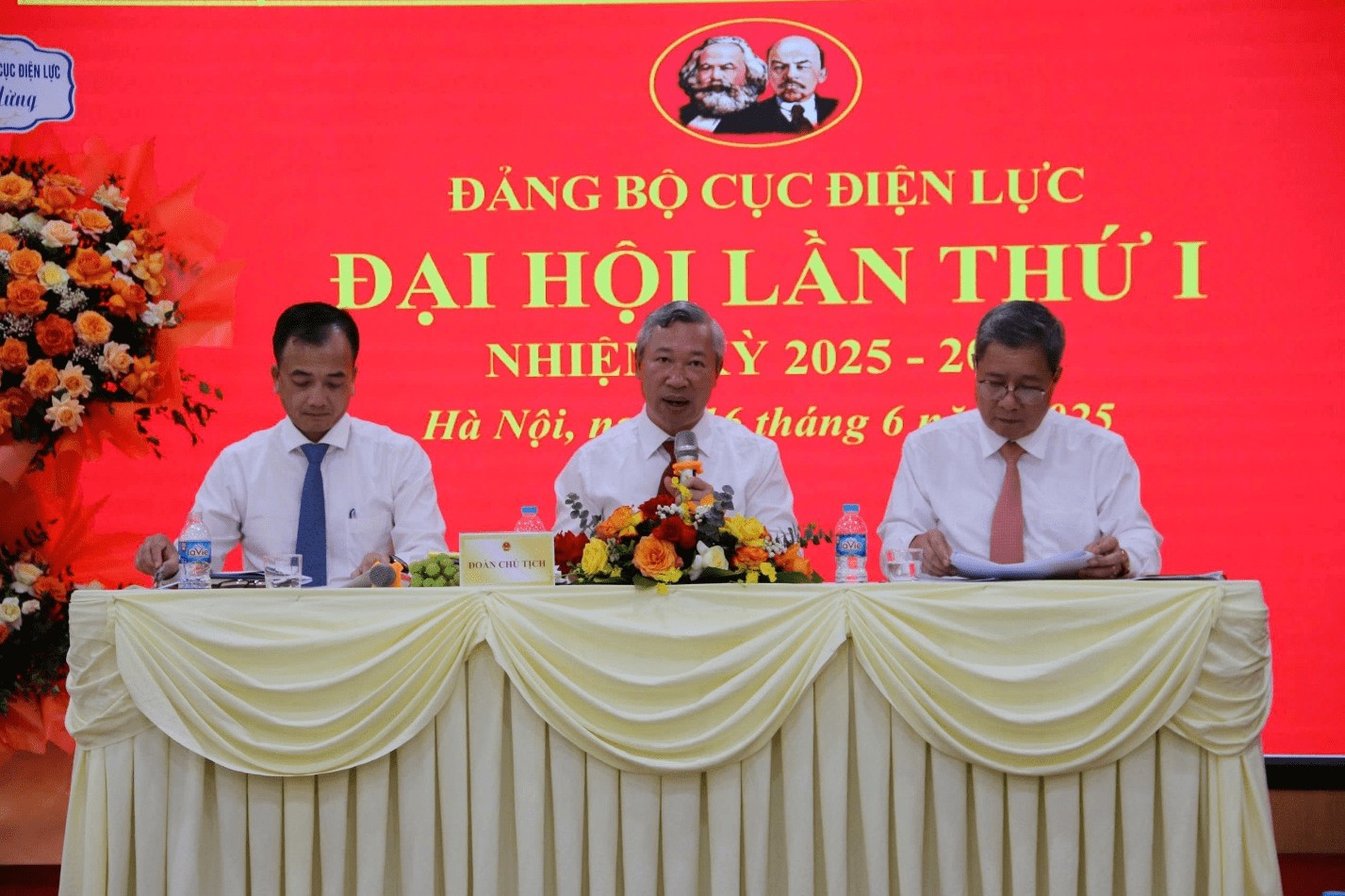There are 108 power plants participating in offering in the competitive electricity market in Vietnam
09:22 | 30/12/2022
According to the Electricity Regulatory Authority, in order to operate a competitive electricity market, in recent years, the Ministry of Industry and Trade (MOIT) has promoted transparency in mobilizing power plants, created a competitive environment, and enhanced the activeness of the power plants participating electricity market.
Today, there are 6 power trading units, including the Electricity of Vietnam, and the Regional power corporations (Northern, Central, Southern, Hanoi and Ho Chi Minh City corporations) directly participating in buying electricity on the spot market and signing bilateral contracts with power plants.
At present, the competitive electricity market is deploying with a level 2 (competitive wholesale electricity market).
For coming to competitive retail electricity, MOIT has issued a Design of the competitive retail electricity market, as a basis to prepare the development steps of the retail electricity market in Vietnam.
The scope of the electricity retail market mainly focuses on power purchase transactions between electricity wholesalers and retailers with the electricity users through the electricity distribution networks (from 110 kV down). This is a part of going to follow the transactions in the wholesale electricity market through the power transmission grids.
In the electricity retail market, electricity retailers and electricity users will agree on electricity prices. The State only regulates the electricity tariff for customers not participating in buying electricity in the market. The electricity distribution network management unit will act as the electricity network service provider for market participants (the electricity retailers and users). According to the Electricity Regulatory Authority, to deploy the electricity retail market, Vietnam needs to complete a series of prerequisites with the most urgent thing to separate the operation/cost of electricity distribution (natural monopoly) and electricity retail business (competitive).
On the other hand, it is necessary to amend the Electricity Law, the Law on Prices for perfecting the regulations on electricity distribution prices and the under-law documents to have a legal basis for valuing electricity distribution applicable to electricity distribution units using distribution network services.
Besides, it is necessary to reform the electricity prices according to the roadmap for transition to the electricity retail market by ensuring transparent electricity prices, determined according to market principles, to accurately and fully reflect all reasonable and valid input costs. At the same time, it must meet the requirements of information technology infrastructure, mechanisms to protect the interests of electricity users, and policies to support electricity retail prices for poor and policy households.






